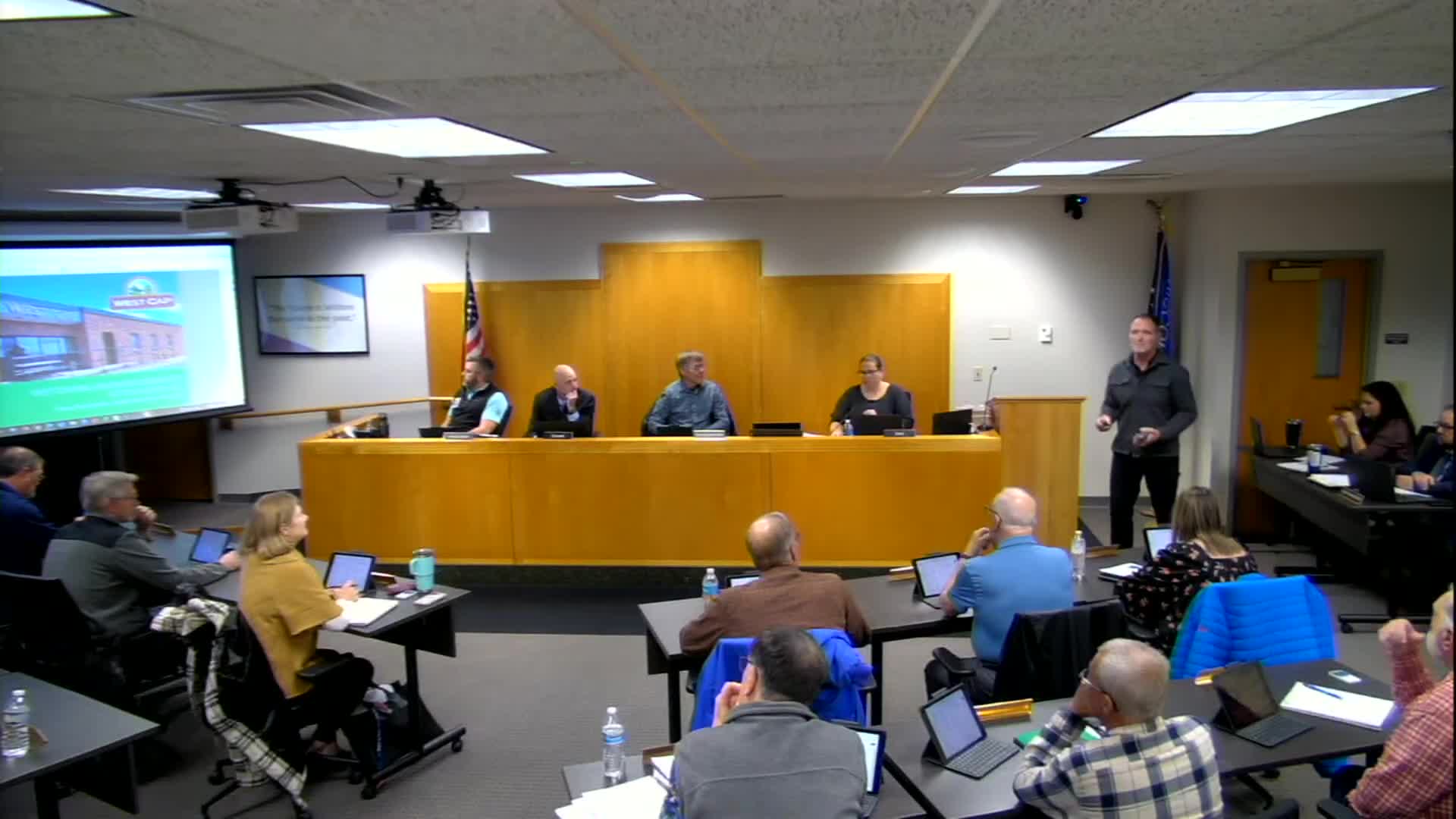West Central Wisconsin Community Action Agency outlines local food, housing and energy assistance programs
Get AI-powered insights, summaries, and transcripts
Subscribe
Summary
Tim Mather, executive director of West Central Wisconsin Community Action Agency (Westcap), told the Chippewa County Board the agency runs food, energy and housing programs serving thousands locally and that most of its funding is federal dollars routed through the state.
Tim Mather, executive director of West Central Wisconsin Community Action Agency (Westcap), told the Chippewa County Board of Supervisors that Westcap administers food access, energy assistance and housing programs in seven counties and was adopted by Chippewa County in 1968.
Mather said Westcap receives roughly $380,000 a year in Community Services Block Grant (CSBG) funding for services in Chippewa County and described CSBG as a flexible—but small—portion of the agency’s overall budget. He said Westcap’s top program areas by volume are food access and resources, energy assistance and housing services.
The presentation included program counts and local-service values. Mather reported that Westcap served about 2,721 households in Chippewa County and that the approximate total value of services provided in Chippewa County in 2024 was about $2.9 million; regionally, he said Westcap serves roughly 5,912 individuals and 2,700 households. Mather said Westcap audited or weatherized 232 homes in Chippewa County and estimated average client energy savings of about $500 per year after weatherization work.
Board members asked for operational detail. Supervisor Gary pressed on where Westcap’s operating funds come from; Mather said the agency manages about 100 funding sources (he estimated 80% federal) and that federal funds are typically routed through the State of Wisconsin to local grantees. He described a routine reimbursement structure—Westcap performs services and then files for reimbursement—which can create short-term cash‑flow pressure if state or federal portals are unavailable. He cited a recent short outage in a HUD portal that temporarily delayed reimbursements.
Supervisor Griffin asked whether programs such as the Emergency Food Assistance Program (TEFAP) and tenant-based rental assistance have sufficient administrative funding. Mather said many programs run "at a little bit of a loss," that program administration follows prescriptive federal or state manuals, and that policy concerns about who receives benefits should be raised with elected legislators.
On housing and emergency repairs, Mather explained Westcap’s eligibility practice: weatherization and emergency furnace repairs are generally targeted to homeowners on energy assistance; for rental properties, Westcap typically evaluates on a case-by-case basis and will consider work where ownership and occupancy conditions (for example, owner also being low-income and on assistance) meet the agency’s eligibility tests.
Mather also described local contracting and payment practices: the agency pays local vendors and contractors for services (he cited Wersgala Plumbing and Heating of Eau Claire as a long‑time contractor) and said that 99.9% of funds are paid out to Main Street businesses in the service area rather than being issued directly as cash to clients.
The board thanked Mather for the update. Mather invited any follow-up questions and left contact information for supervisors seeking program specifics.
The board did not take formal action based on the presentation; the item was informational.
